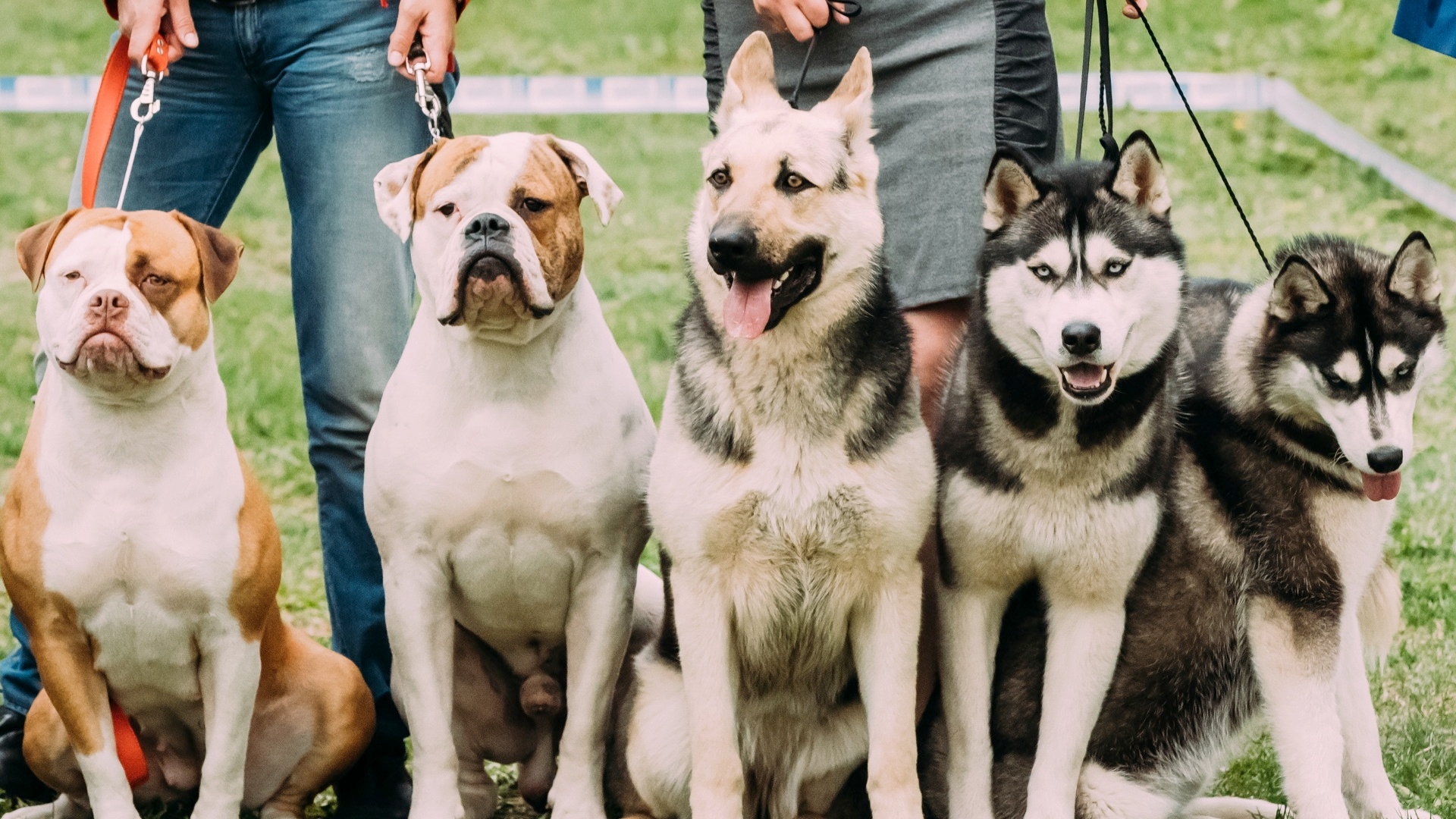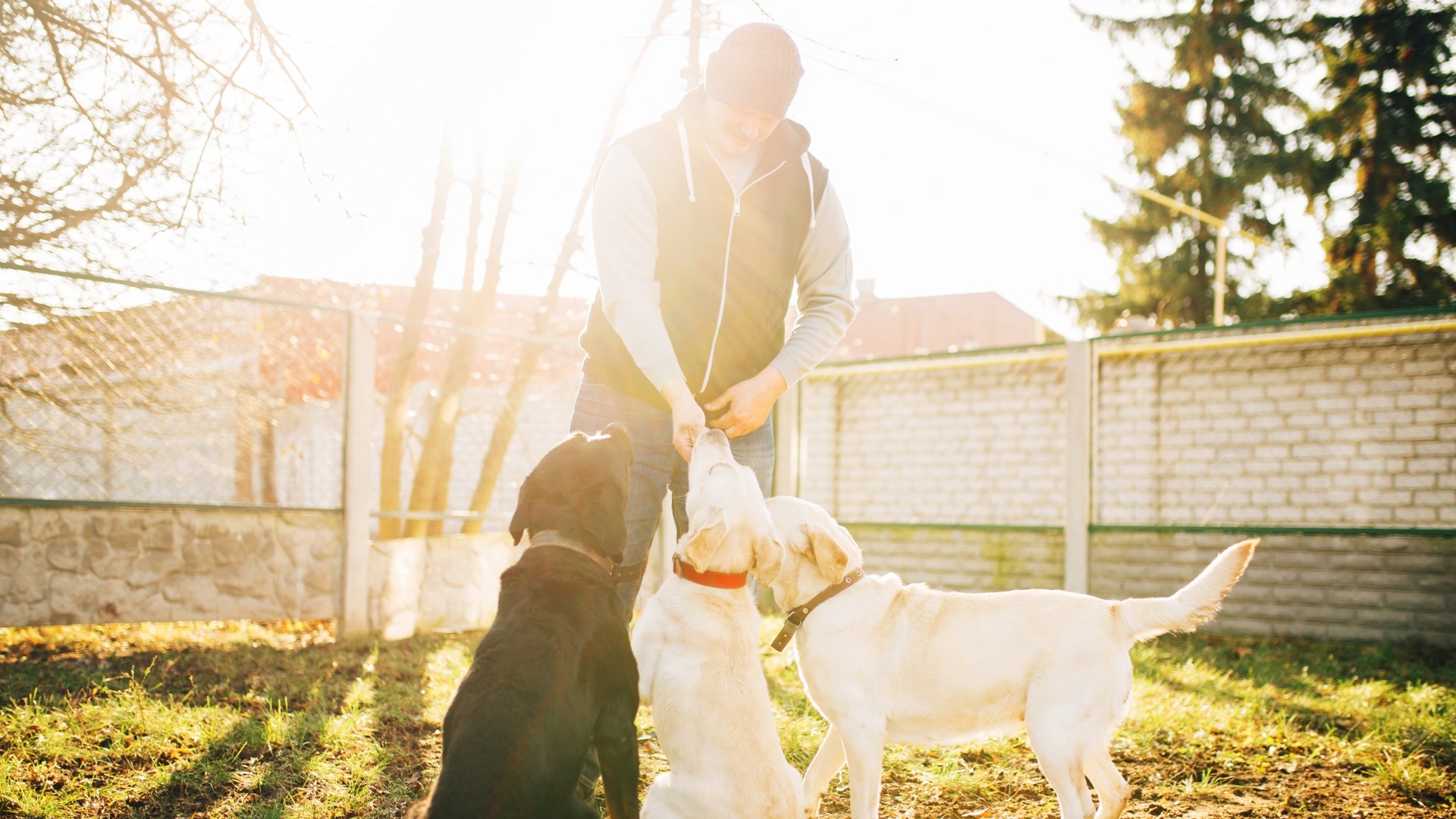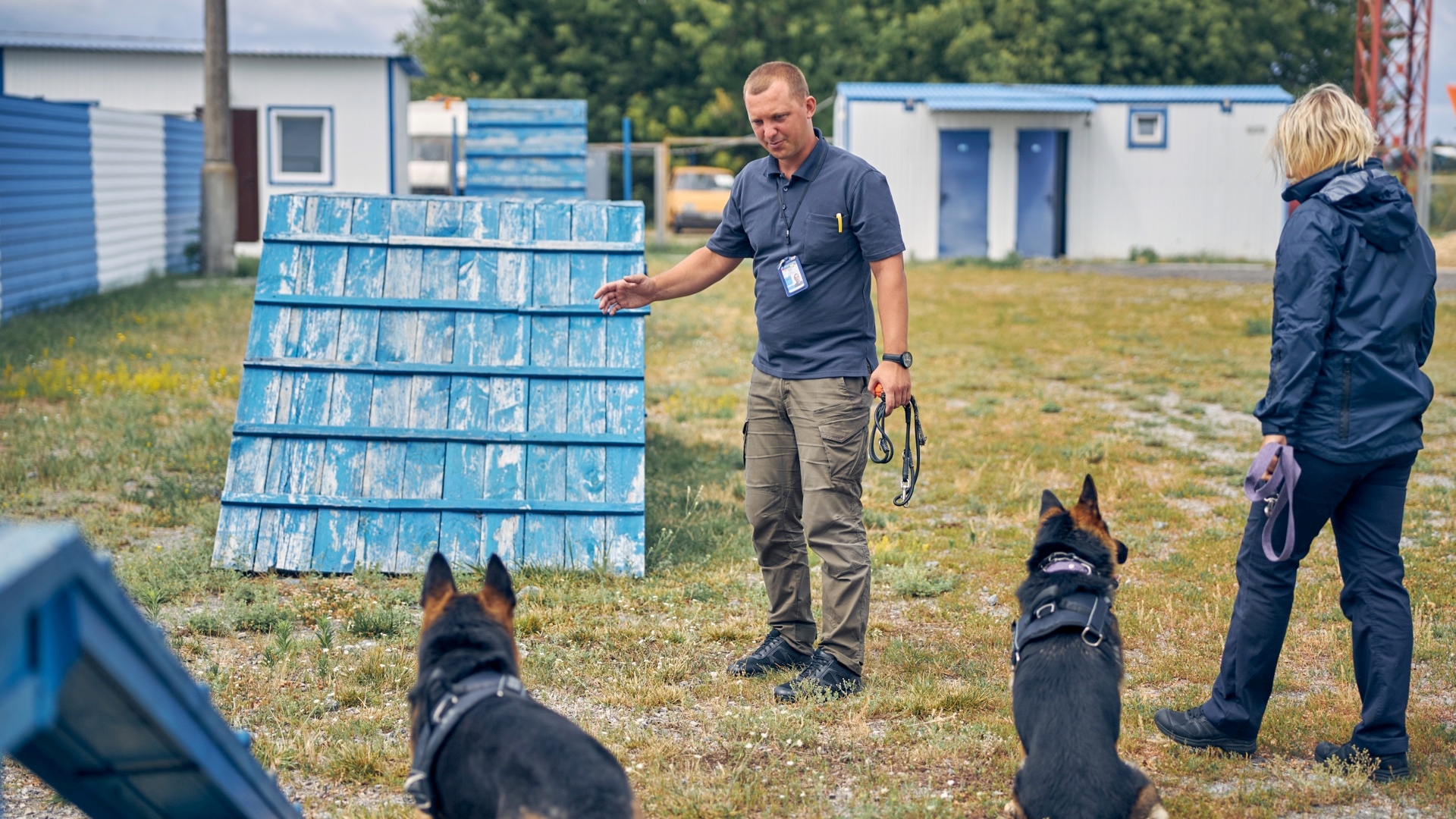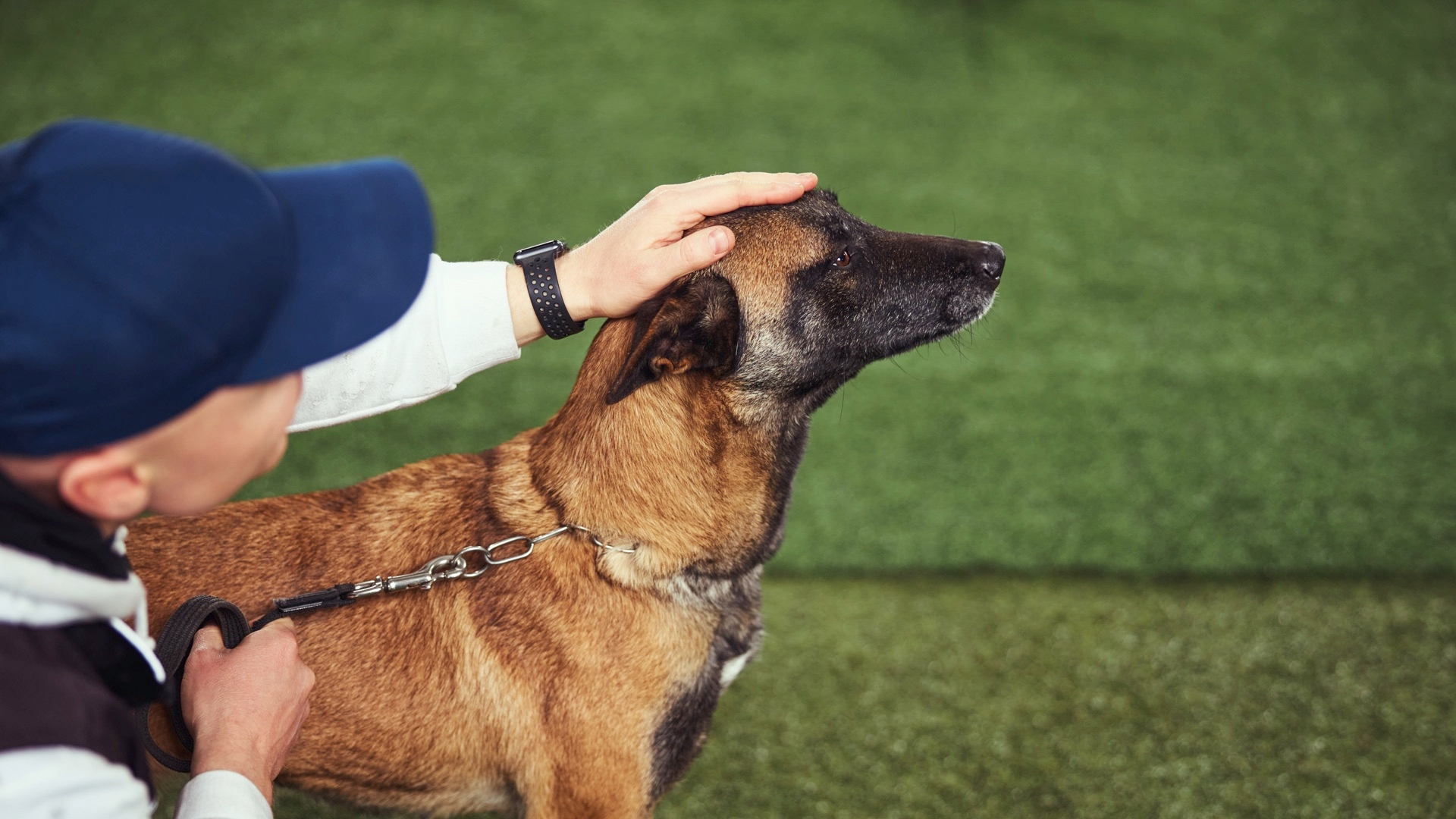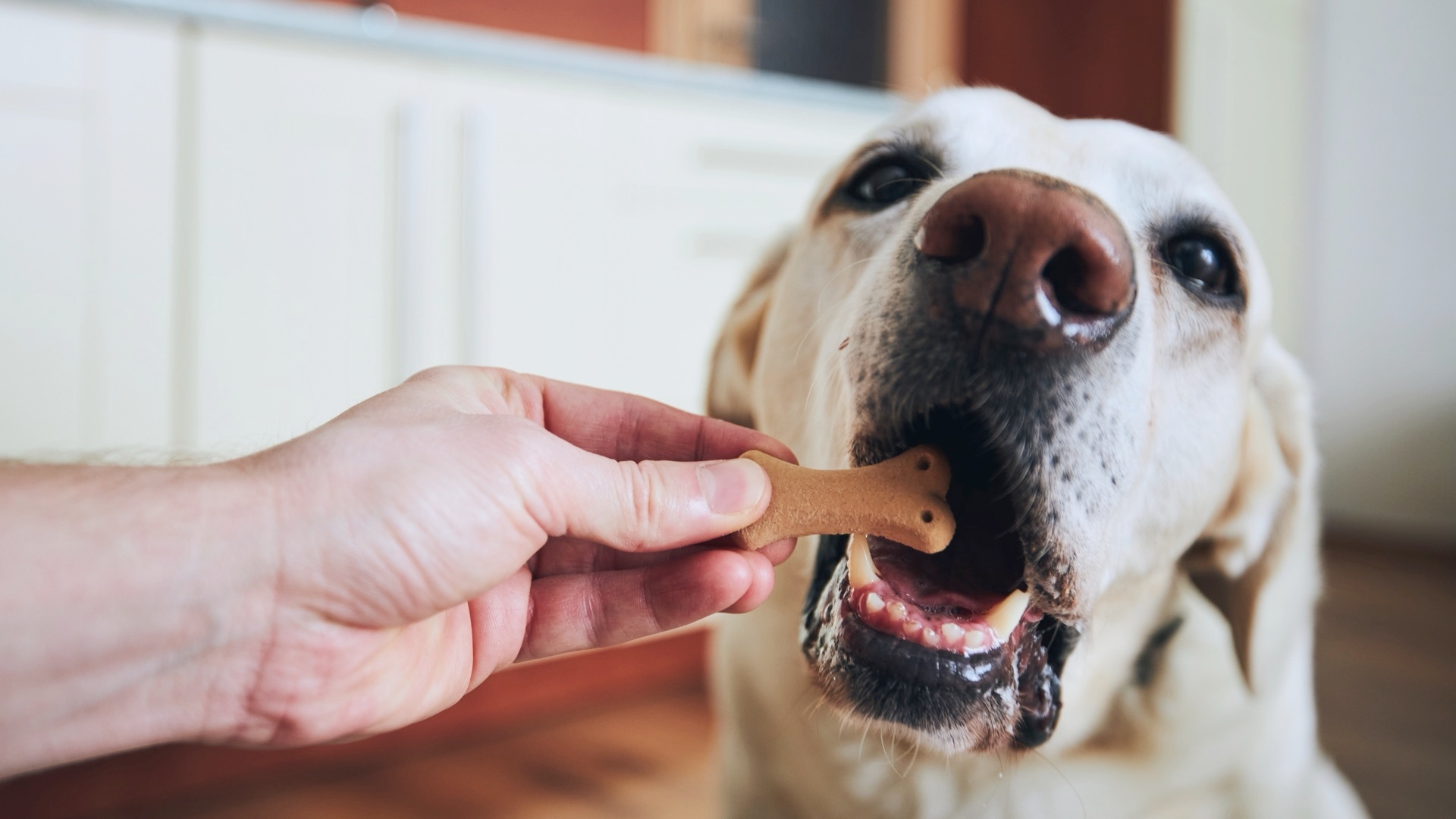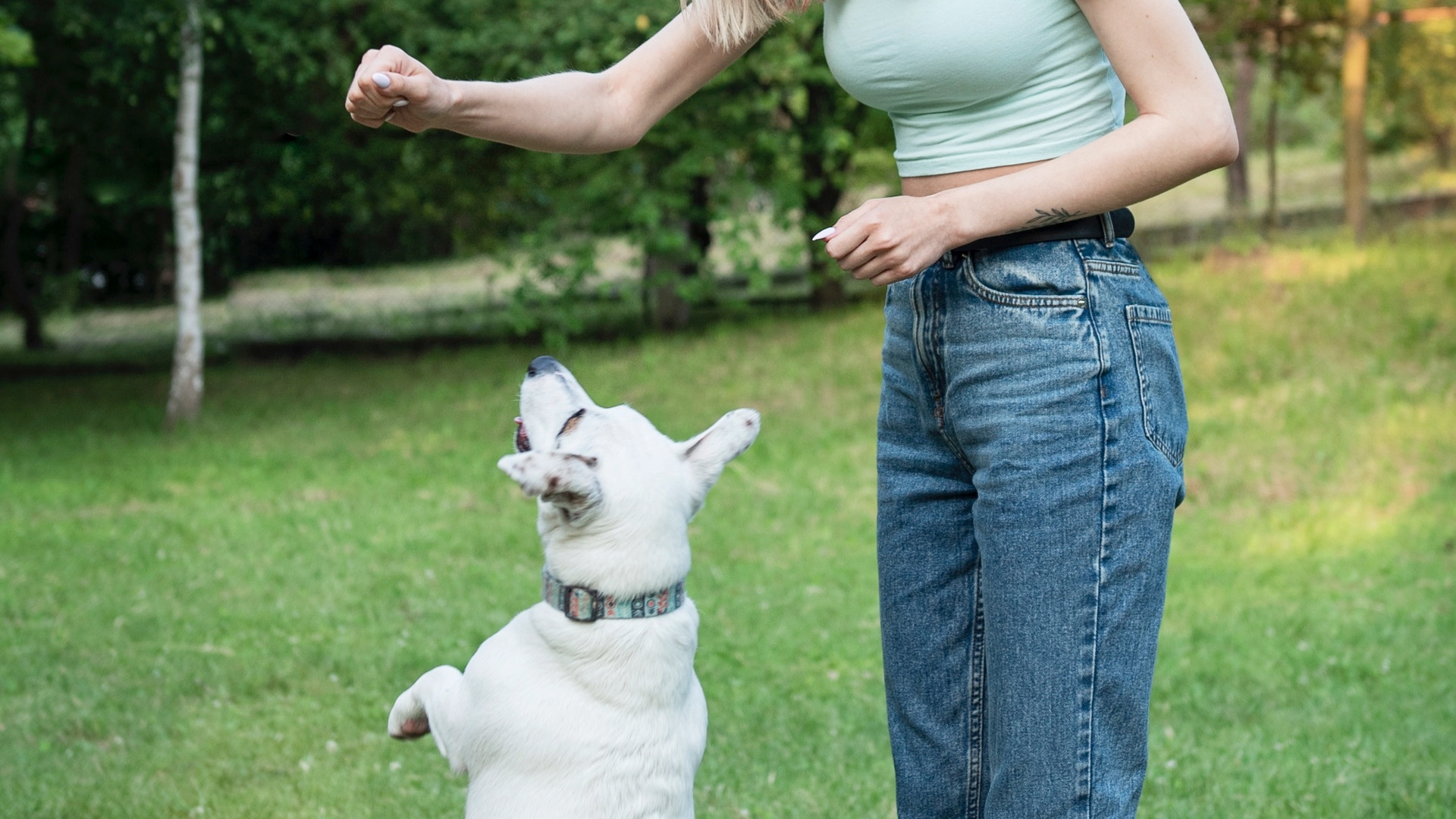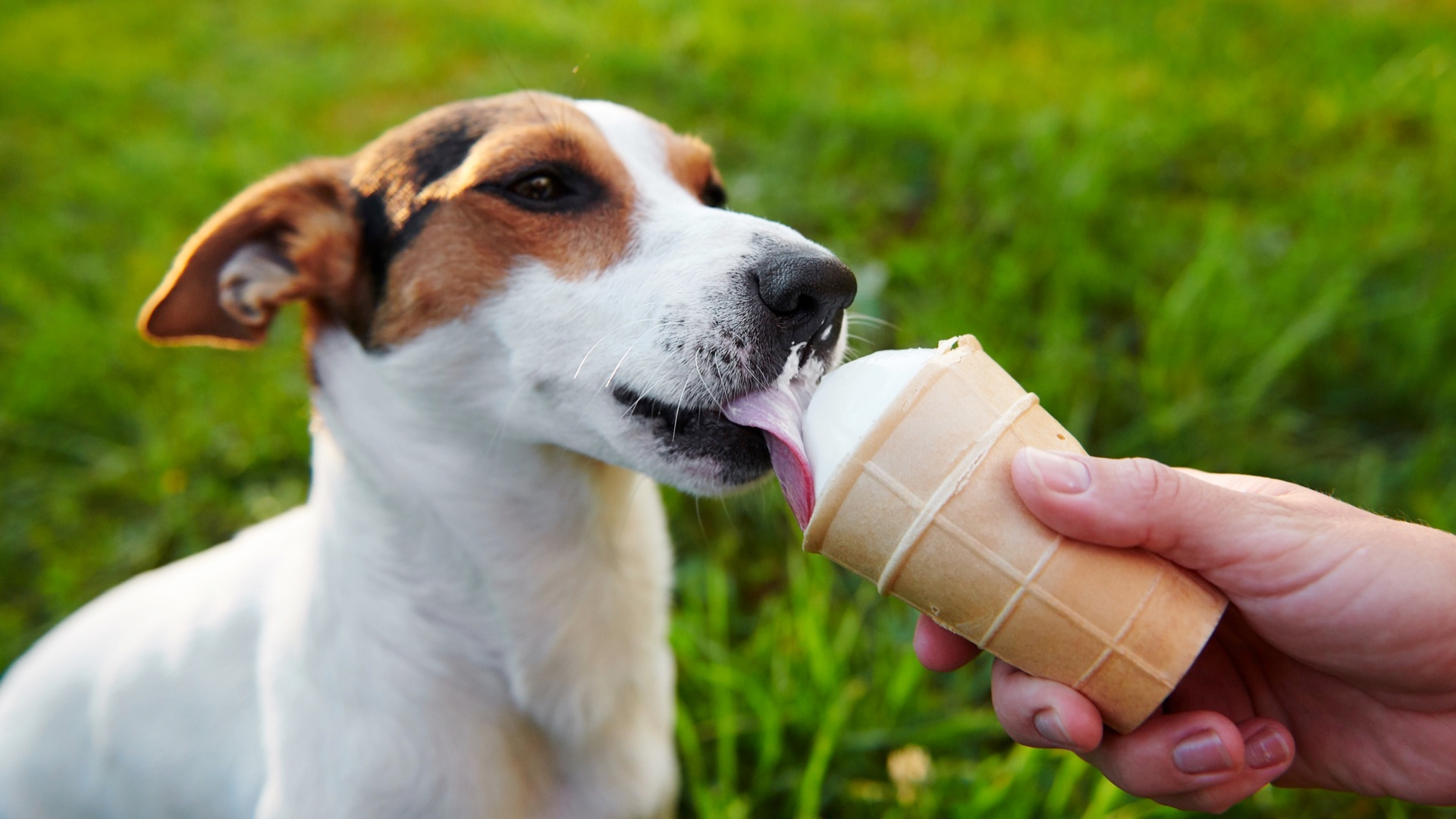Dog Training:
The tag "dog training" relates to: dog, dog behavior, dog breeds, dog care, dog history, pet care, pet training, pets, positive reinforcement, and responsible pet ownership. For more tags, view our complete tag index.
The following blog entries have been tagged "dog training".
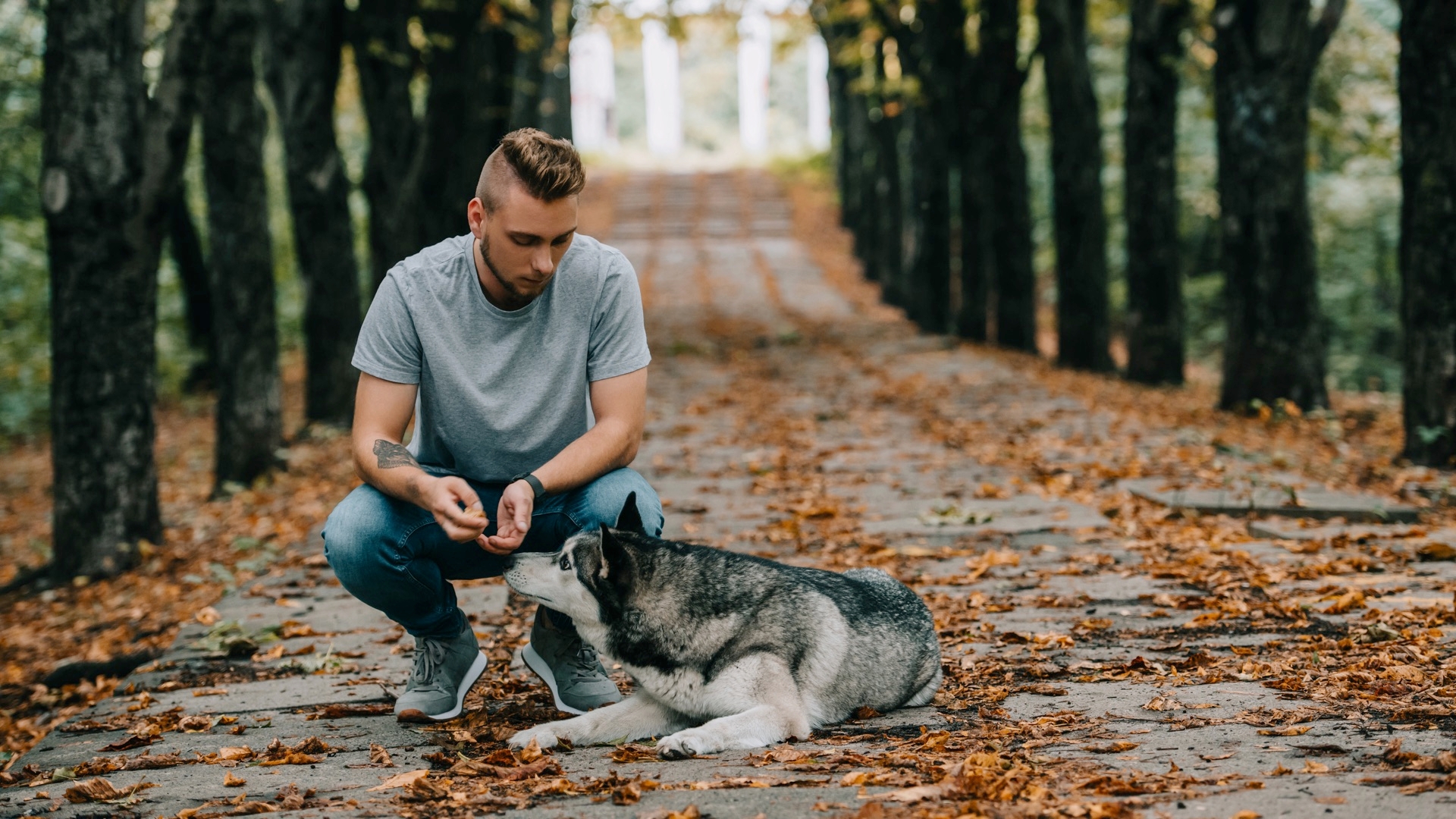
Finding a good trainer is a very personal thing, because trainers will essentially be teaching you how to teach and communicate with your dog. A good trainer can work with a variety of people and dogs, will give you honest feedback about your chance of meeting your goals, and will use a range of methods and tools to help you achieve those goals.
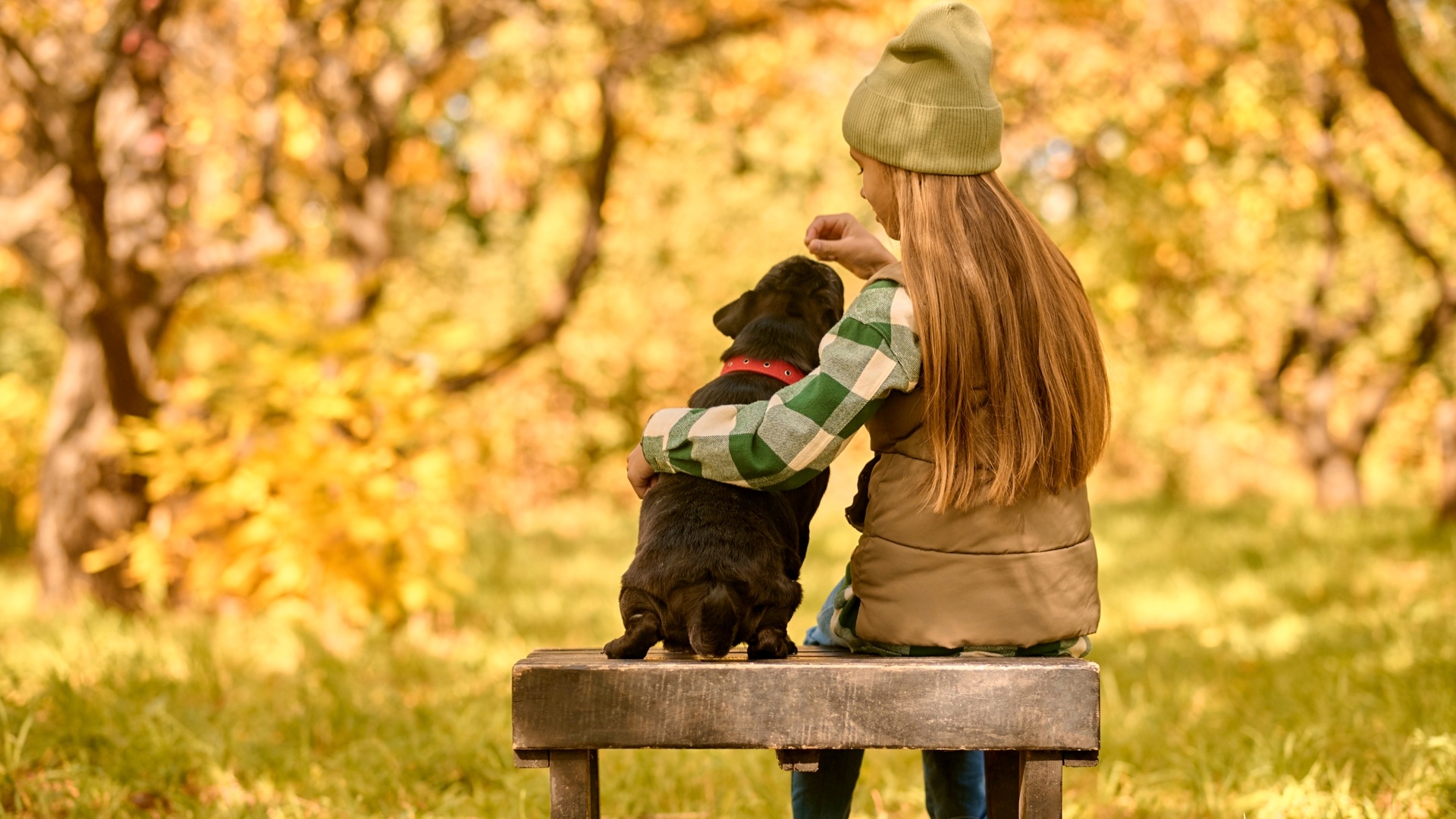
Relationship-based trainers have realistic expectations. When training animals, we use lots of patience. They understand that animals are not born knowing how to fit into our human lives. Most adult animals are not adequately taught how to be part of a loving human family. Even if they have been in a loving home, they may still lack the social skills to be comfortable around strangers and in new situations.
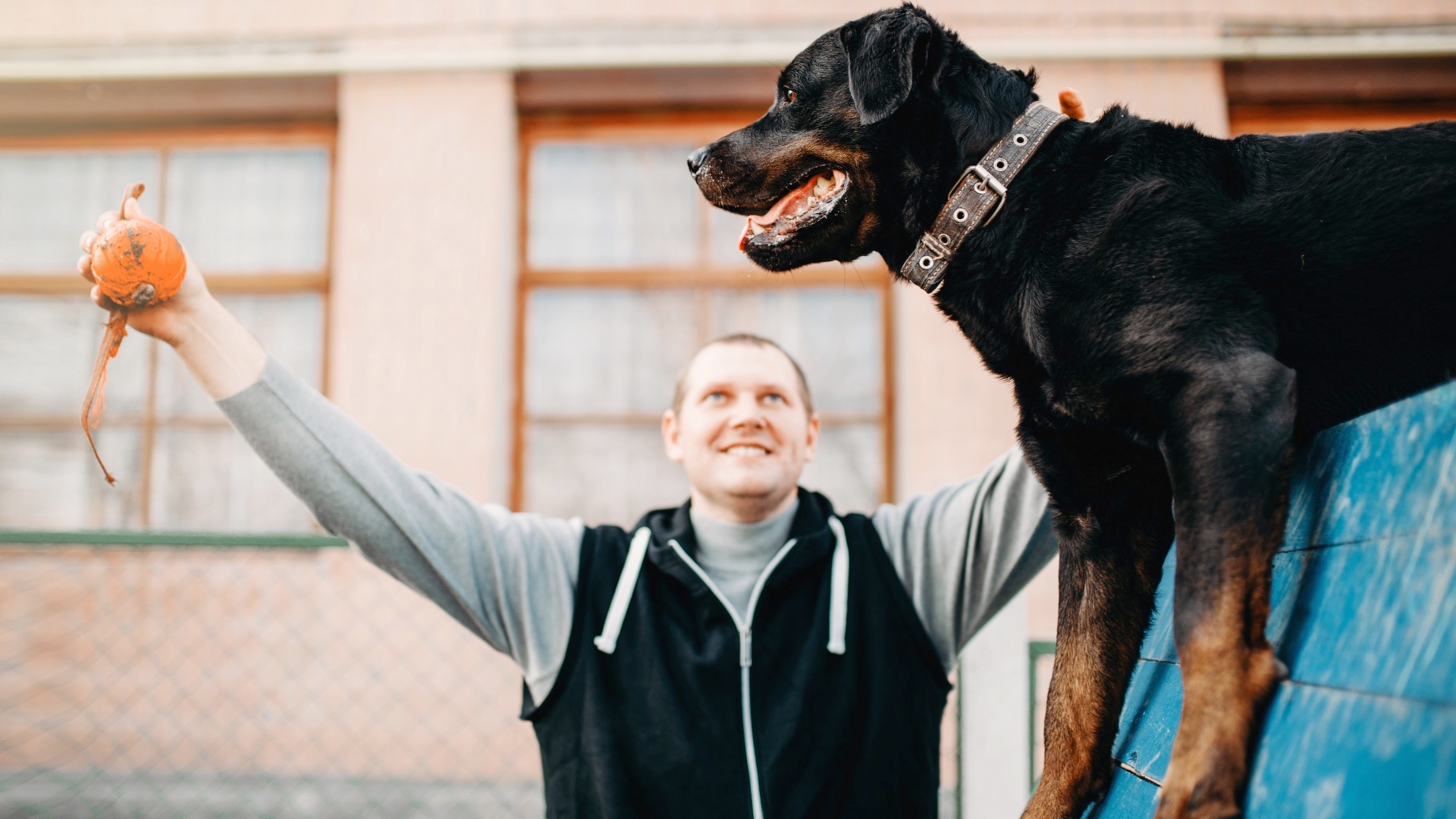
Relationship-based dog training is based on trust. When you have a trusting, cooperative relationship with an animal (whether a dog, cat, parrot, horse, or another animal), you have his respect, and he'll want to spend time with you and work with you. Relationship-based trainers do not train with methods that use excessive force, threats, fear, intimidation, pain or dominance. Training based on such aversive methods damages any trusting relationship you might develop with the animal.
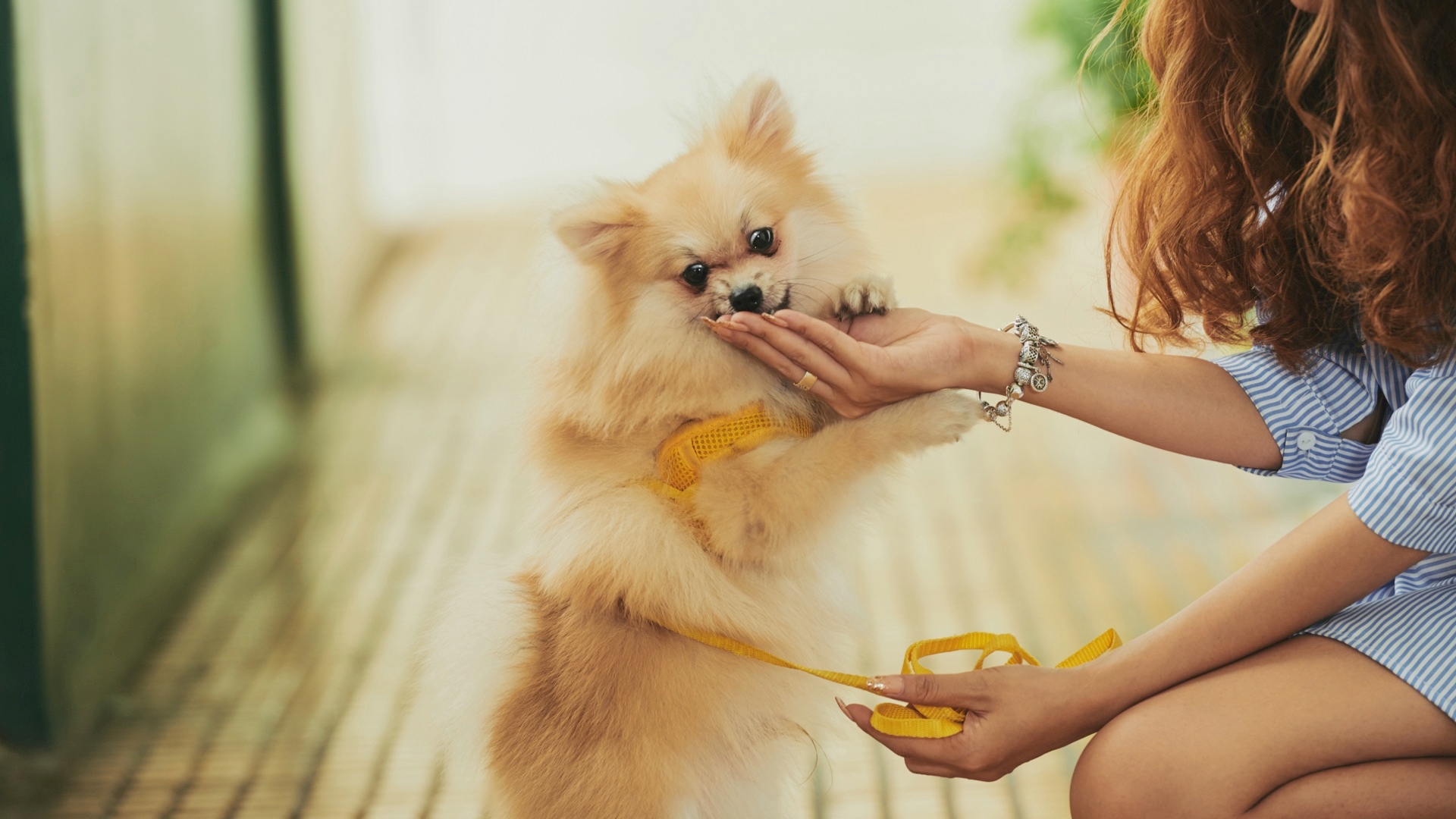
Want to teach your dog to wait at the door? Or get your cat to jump into her carrier on her own? You can use positive reinforcement to teach them how to do the right thing. Positive reinforcement training means that you reward your pet as soon as they do something you like. The reward reinforces the behavior, making it more likely to occur again. Positive reinforcement is a powerful tool you can use to change your pet's behavior.
